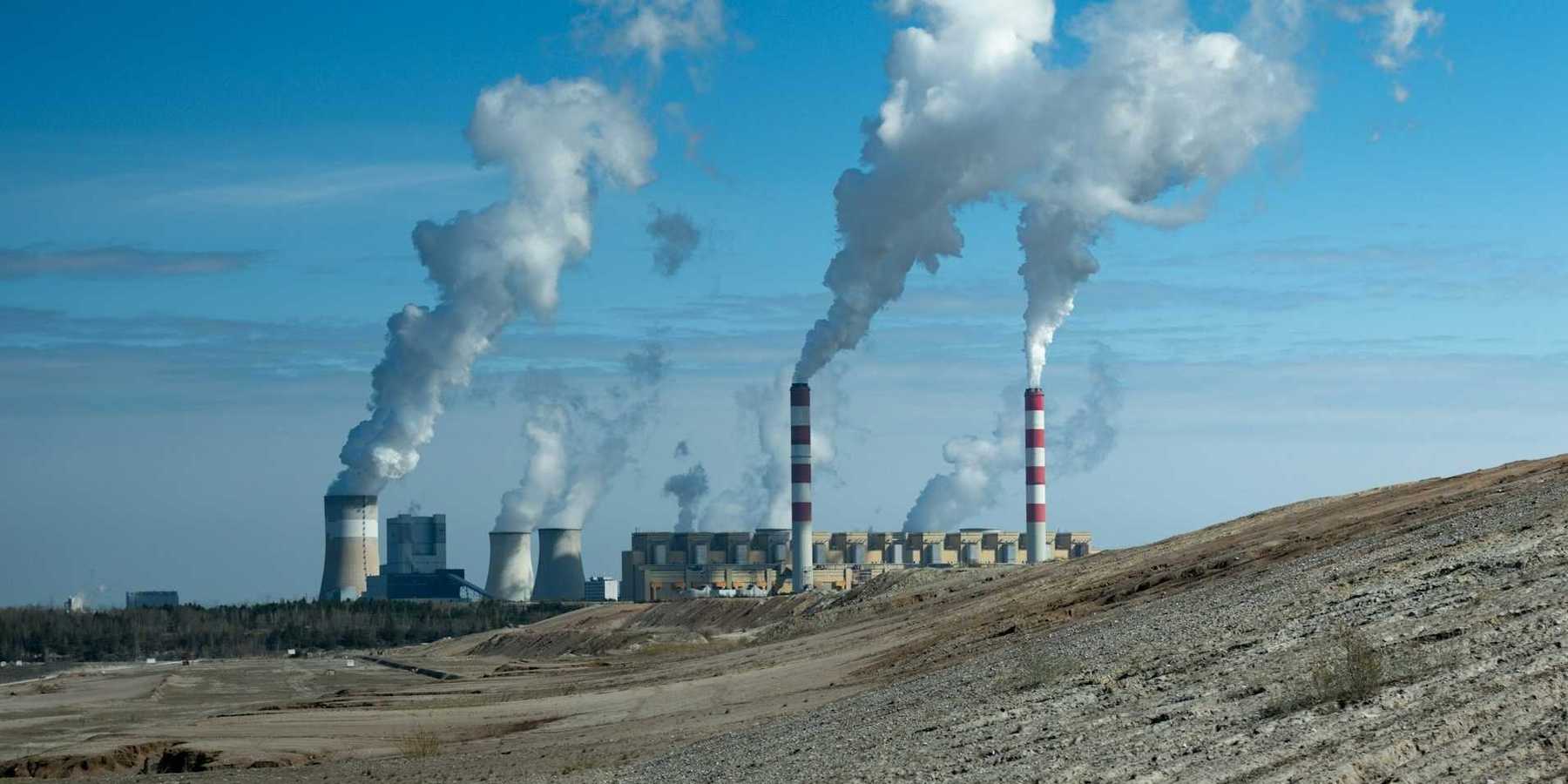Solomon Islands tribes generate income by selling carbon credits
In the Solomon Islands, Indigenous tribes are leveraging the lucrative carbon credit market to sustainably protect their ancient rainforests from logging while funneling vital income to their communities.
Jo Chandler reports for Yale E360.
In short:
- Several Solomon Islands tribes have united to form the Babatana Rainforest Conservation Project, preserving their forests and selling carbon credits internationally.
- The project includes verified protected areas and employs local tribespeople as rangers, enhancing biodiversity and environmental stewardship.
- The initiative provides significant economic benefits to the tribes, supporting community developments like education and infrastructure.
Key quote:
"If we misuse or destroy this land, we will not have any other,"
— Linford Pitatamae, leader of the Sirebe tribe
Why this matters:
Natural habitats play a significant role in the carbon market because of their ability to sequester carbon naturally. By valuing the carbon stored in these ecosystems, the market incentivizes their preservation. For example, a forest that might otherwise be cleared for agriculture could be maintained as a carbon sink. The revenue from selling carbon credits can make conservation financially viable for landowners and communities, providing an economic alternative to destructive practices like deforestation.













